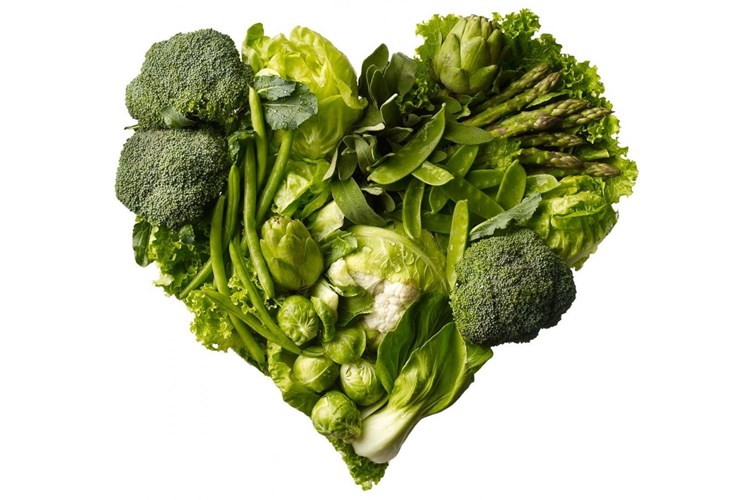
Dr Bruce Ames is a world leader and authority on ageing and nutrition. His published research indicates that vitamin K plays an important role in vital functions within the body and has a significant effect on our longevity. According to the National Health and Medical Research Council, Vitamin K is the family name for a series of essential fat-soluble compounds needed for the chemical modification of a small group of proteins with calcium-binding properties (vitamin K dependent proteins).
There are currently no good tests to indicate if we have a vitamin K2 deficiency. Dr Day suggests there are nine signs that could indicate if we are suffering from a vitamin K2 deficiency. These include:
Many health experts think that the current recommended dose of vitamin K1 is too low to prevent disease. Australia’s government recommendations are currently for just 0.07mg/day of vitamin K per day. Yet you can easily get 10 times the amount of vitamin K recommended from just one cup of cooked kale or spinach explains Dr John Day.
The problem is, our western diets are lacking in lots of regular leafy green vegetables, fermented foods, and grass-fed animal products. Not only that, those that do get enough vitamin K1 are not necessarily going to naturally produce adequate vitamin K2. In effect we are putting ourselves at unnecessary risk of many preventable diseases that our grandparents were less at risk of.
Vitamin K2 is only present in fermented foods. It’s produced by certain bacteria during the fermentation process. While the K1 in vegetables is poorly absorbed, virtually all of the K2 in fermented foods is readily available to your body.
Examples of foods high in vitamin K2 include raw dairy products (not readily available in Australia) such as certain cheeses, raw butter, and kefir, as well as natto (a fermented soy product) and fermented vegetables like sauerkraut. That being said, not every strain of bacteria makes K2, so not all fermented foods will contain it. Most commercial yoghurts are virtually devoid of vitamin K2, and while certain types of cheeses, such as Gouda, Brie, and Edam are high in K2, others are not. It really depends on the specific bacteria present during the fermentation process.
A viable alternative may be Vitamin K2 supplements on your practitioner’s advice. If you suspect your regular diet lacks lots of leafy green vegetables, grass-fed animal products, fermented foods and certain soft cheeses you may be deficient. If you are concerned or keen to protect your health and would like some guidance on how to improve your diet or choosing the right supplements, Tyack Health’s Dietitians and Naturopath are a great source of knowledge and inspiration in these areas.